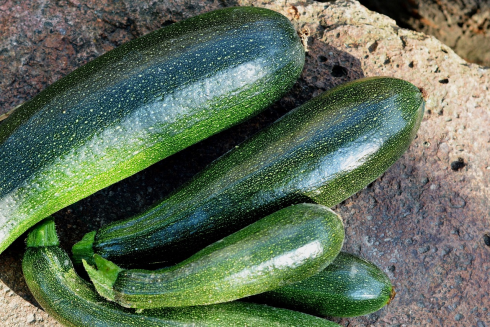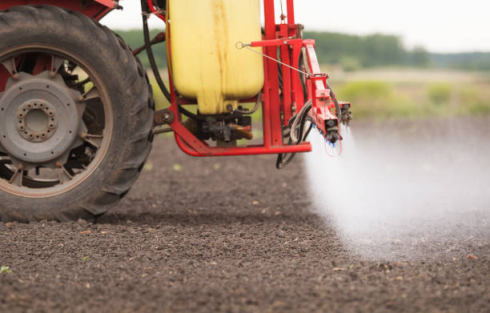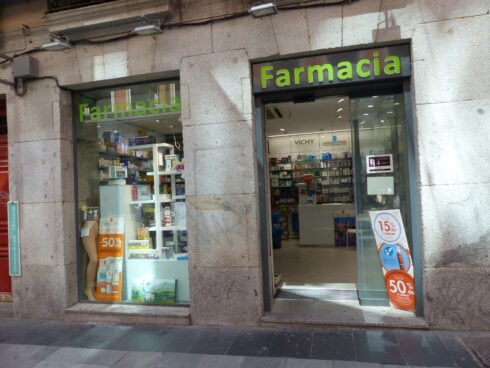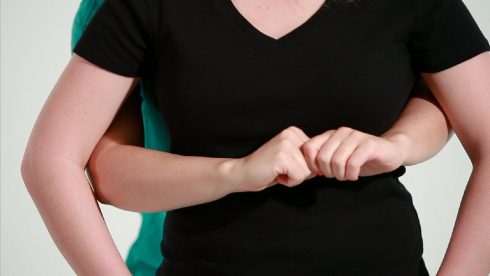COURGETTE farmers in Spain have been hit by a European Union ban on exporting the vegetable from an unspecified source due to a high level of pesticides being detected.
The EU’s Rapid Alert System for Food and Feed (Rasff) has reported above-legal levels and classified it as a ‘serious risk’.
Although nearly all agricultural products are treated by pesticides to stop bacteria and viruses but under strict limits with a courgette consignment exported to France failing to meet the necessary standard.

The European Commission says pesticide contamination has been detected in analyses of 0.75 / mg, when the allowed amount is 0.5 mg.
The European agency has not revealed the brand or distributor and what possible action might be taken against them.
Phlonicamide is the systemic insecticide used in farming to control insect pests in crops such as cereals, fruits, vegetables, and ornamental plants.
It belongs to the chemical class of neonicotinoids, which act by interfering with the nervous system of insects, causing paralysis and eventually death.
The pesticide is absorbed by plants and distributed throughout their system, making it effective against insects that feed on different parts of the plant.

It is considered less toxic to mammals and birds compared to some other insecticides, but its use remains regulated and monitored due to potential environmental impacts, especially in relation to bees and other pollinators.
In general, phlonicamide is considered to pose a low risk to humans when used as directed and following recommended safety measures.
However, excessive or improper exposure can pose potential health risks, especially for farmworkers who handle the product directly during application.
Adverse effects can include irritation of the skin, eyes, or respiratory tract.
Click here to read more News from The Olive Press.








